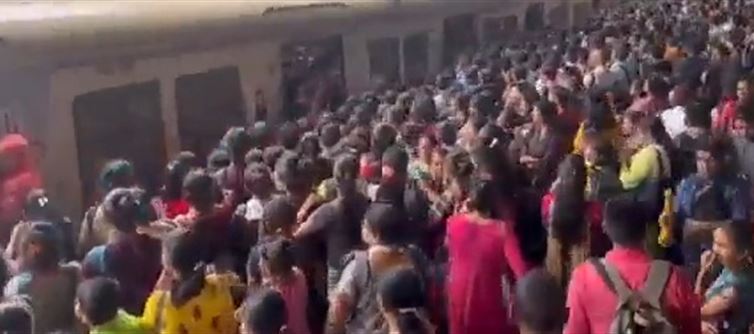
Many critics point to what they call the “Modi Media” phenomenon, where a majority of national media outlets are seen as extensions of the ruling party’s public relations machinery. The timing of this blackout is especially telling, as it coincides with the celebration of prime minister Narendra Modi’s 11 years in power.
Channels were flooded with tribute reels, glowing retrospectives, and sycophantic panels, while real issues like public infrastructure failures and preventable deaths were conspicuously absent. Had a similar incident occurred in a state governed by the opposition, the narrative would likely have turned into a political weapon, with endless debates, field reporting, and blame-laden headlines.
This incident speaks to a larger systemic failure—not just of governance, but of the watchdogs who are meant to hold power accountable. The public, unfortunately, has in many ways normalized this media culture by voting based on optics, freebies, and carefully manufactured narratives instead of real accountability. In return, they face rising inflation, failing public services, crumbling healthcare, and joblessness. As heartfelt condolences pour in for the deceased, the question remains: when will human lives start mattering more than political allegiance? Until the media reclaims its role as an unbiased pillar of democracy, stories like these will continue to be buried—along with the truth.




 click and follow Indiaherald WhatsApp channel
click and follow Indiaherald WhatsApp channel